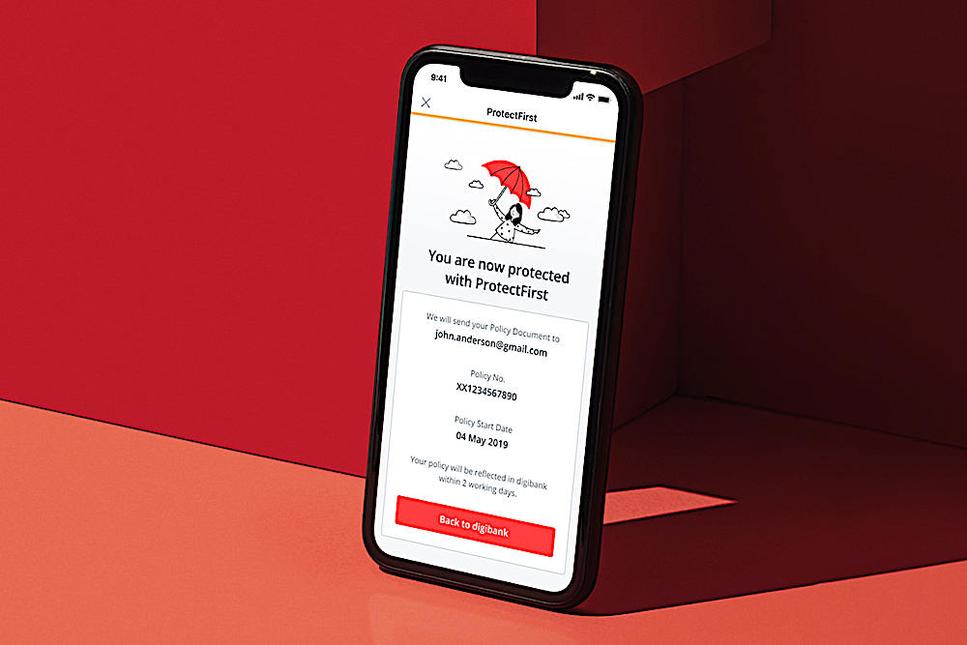With generative AI, do we still need universities?
The answer lies in the human skills that are beyond the competence of machines.

Around the world, students entering university in 2023 are in both a privileged and an unenviable position at the same time.
Privileged because human innovation affords them access to mind-blowing technologies such as generative artificial intelligence (AI) to supercharge their learning. But by the same token, unenviable because generative AI is so formidable that students may wonder whether their own efforts at learning may seem feeble or even futile in comparison.
Indeed, who can blame students for feeling anxious about the future when headlines increasingly warn of job displacement by AI. Notably, IBM CEO Arvind Krishna projected that AI would impact at least 7,800 jobs at the company over the next five years, especially in non-customer-facing roles.
Another cautionary voice on the bandwagon was the World Economic Forum’s Future of Jobs 2023 report which concluded rather grimly that millions of jobs will disappear by 2027, with new ones being created at a slower pace. Nevertheless, the same report also identified the top 10 fastest-growing jobs, with AI and machine learning specialists, sustainability specialists, business intelligence analysts and digital transformation specialists among them.
One distinct commonality runs through these high-growth jobs – a large component of the work involved will leverage the benefits of AI. As our experiments with ChatGPT have resoundingly demonstrated, generative AI is now remarkably good at collating and integrating copious amounts of information. Any role that necessitates making sense of large bodies of knowledge and pools of data will be significantly expedited, be it to improve sustainability practices or to identify the next explosive business opportunity.
Human insights and people skills
Yet another significant characteristic binds these very same jobs – the importance of human insights and personal connections.
A digital transformation specialist would be very well served by her knowledge of the latest robotic process automation tools. But she would find her performance greatly enhanced by a grasp of human factors that stand in the way of innovation adoption. She would need to go to the factory floor to find out just why the cleaning robots have been sitting idle and must marshal her powers of persuasion to change mindsets and shift attitudes.
Only with a deft combination of all these insights would she be able to convince everyone in the organisation of the most appropriate digital transformation strategies. Similarly, the most compelling business proposals would present not only concrete facts but also intuitions about consumer quirks and preferences. Business intelligence encompasses more than just data but also an ability to read market sentiment, uncover hidden gems and identify breakout hits.
And that is where a university education can make all the difference in a world infused with innovations like generative AI – it allows you to hone your human instincts and people skills to augment the rich substantive knowledge you will acquire.
To thrive in a supervisory relationship with AI in workplaces of the next decade, future graduates will need to demonstrate well-rounded competencies that extend well beyond their course of study or disciplinary focus.
Preparation for real-world challenges
Universities present diverse and stimulating learning environments that give you the training wheels for that important endeavour. If you are truly concerned about climate change, go beyond scheduled classes to embark on co-curricular projects where you work with like-minded teammates to tackle overdependence on plastic packaging; start a social enterprise that mobilises people with diverse skill sets to break down consumer resistance to clothes swopping and second-hand merchandise.
These efforts in addressing real-world challenges will foster independent, critical and creative thinking, while drawing on perspectives from science, technology, social sciences, business and law.
As a future leader of humans and machines, one game-changing competency for navigating uncharted terrain is the ability to champion your ideas, personal brand and vision. This means confidently positioning and articulating your stance with a flair and personal style that engage and resonate with the desired audience.
How do you pitch the concept of sustainability to a major industry player as opposed to a small-time hawker or a price-conscious consumer? The skill to adapt your messaging is one you can sharpen through experiential learning opportunities university life offers you. Within university, seminar-style classes also promote these learning opportunities. In such interactive settings, rather than being part of a large passive audience in extended lectures, students must actively participate in metacognitive experiences requiring thoughtful responses to peers’ contributions and considered reflections on one’s learning outcomes.
In dynamic learning environments, you have no choice but to take ownership of your learning rather than outsource it to a bot. By connecting the dots, distilling and synthesising knowledge into what is most applicable or meaningful, your intellectual curiosity and decision-making skills will be further refined and reinforced.
These experiences will empower you to move nimbly and seamlessly within and across teams (human or robot), even if the areas of knowledge stretch beyond the boundaries of your academic discipline. As you cultivate more sophisticated collaborative and communicative skill sets across different platforms using the language and assumptions of diverse disciplines, your ability to work strategically with AI will also be dramatically enhanced.
Outside the classroom, taking your skills and knowledge “into the wild” is a critical part of university learning, more so amid the uncertainties posed by generative AI’s encroachment into traditional ways of knowing and working.
Taking part in industry attachments and founding your own start-up are perfect avenues for acquiring such experiences. ChatGPT may be able to write a brilliant essay on business opportunities in Jakarta but it will not be able to persuade a potential business prospect over a meal of mee soto that you should be their partner of choice. Cultural intelligence and relationship-building skills are what will give future graduates the edge when everyone has access to AI tools.
To this end, universities with a strong focus on industry engagement and overseas internships, as well as start-up incubation programmes, can open exciting pathways that take your learning into the real world.
Universities that value and intentionally develop experiential learning opportunities, including co-curricular activities, provide just the crucible for cultivating cultural intelligence and nurturing relationship-building skills.
Generative AI may be here to stay, but in the evolutionary timeline of human intelligence, it is but a blip. With ever-growing forms of AI at our doorstep, the future graduate must purposefully pursue learning experiences that are expansive and immersive. Nurturing our distinctively human capabilities and interpersonal insights while strengthening our skills of communication and collaboration are imperatives that a university education can well address.
- Lily Kong is president of Singapore Management University and Lee Kong Chian Chair Professor. Lim Sun Sun is vice-president, partnerships and engagement, and Professor of Communication and Technology, also at Singapore Management University.
Join ST's Telegram channel and get the latest breaking news delivered to you.




No comments:
Post a Comment